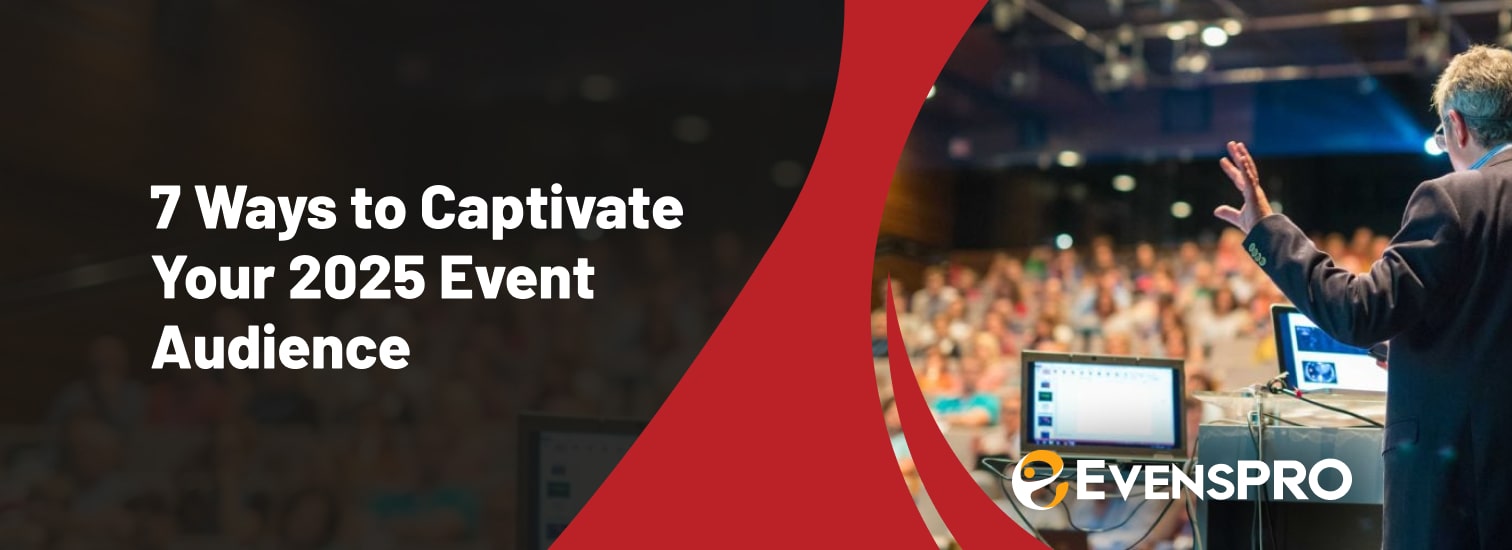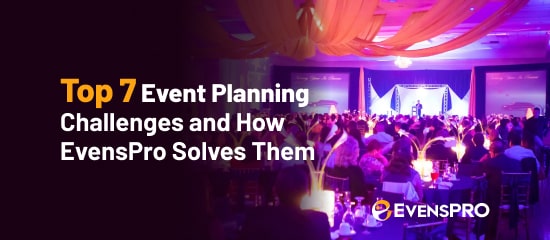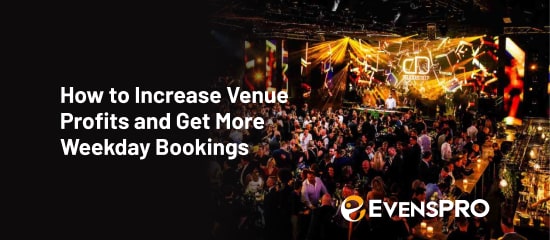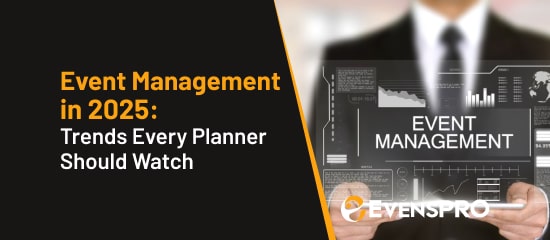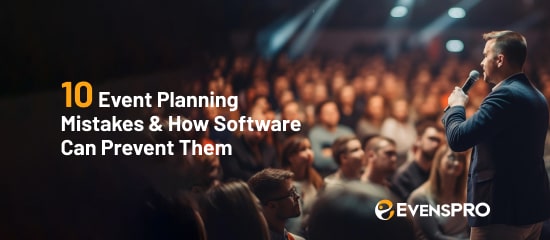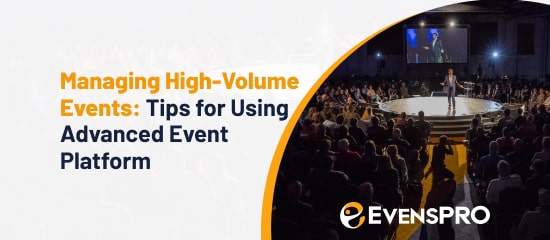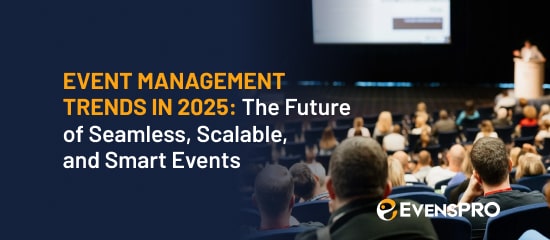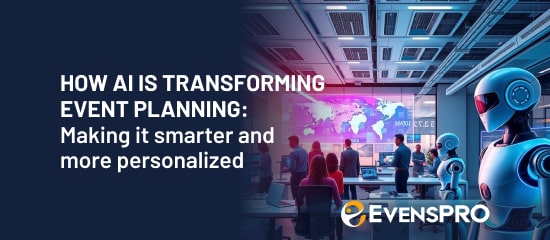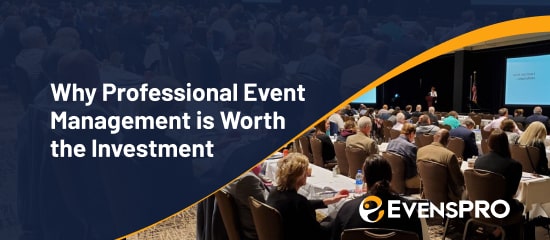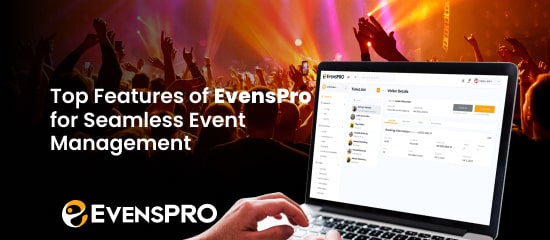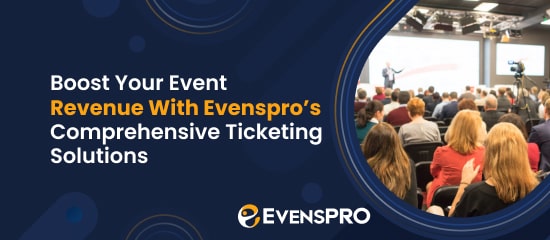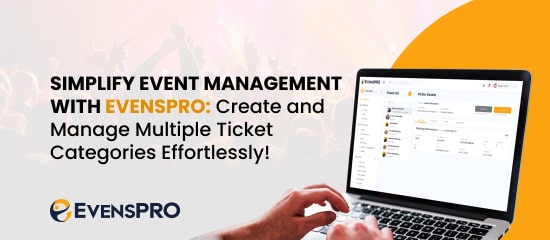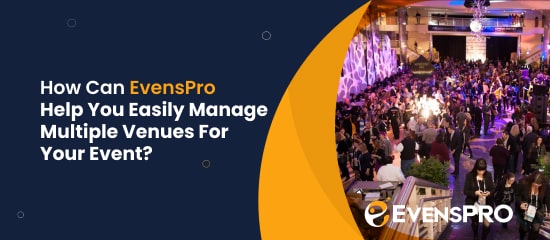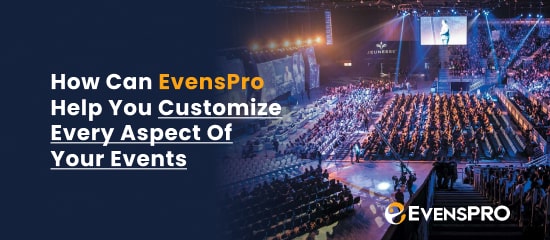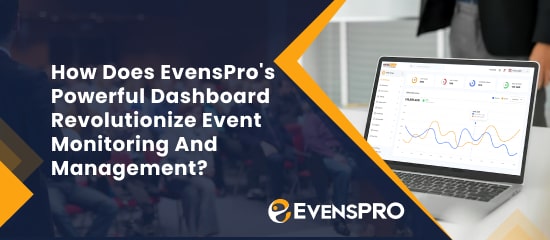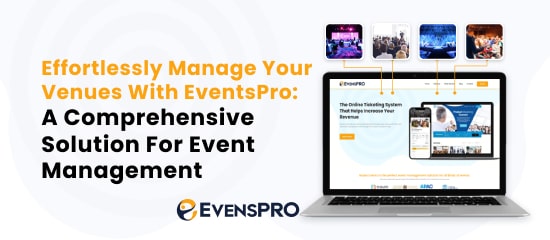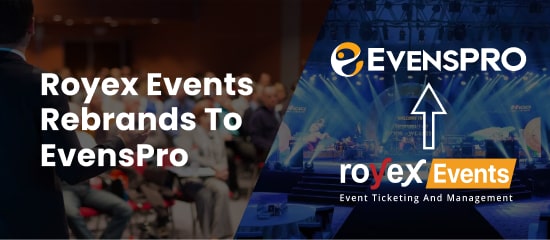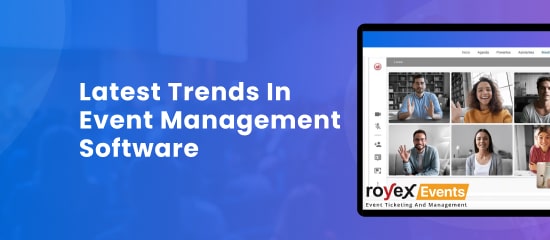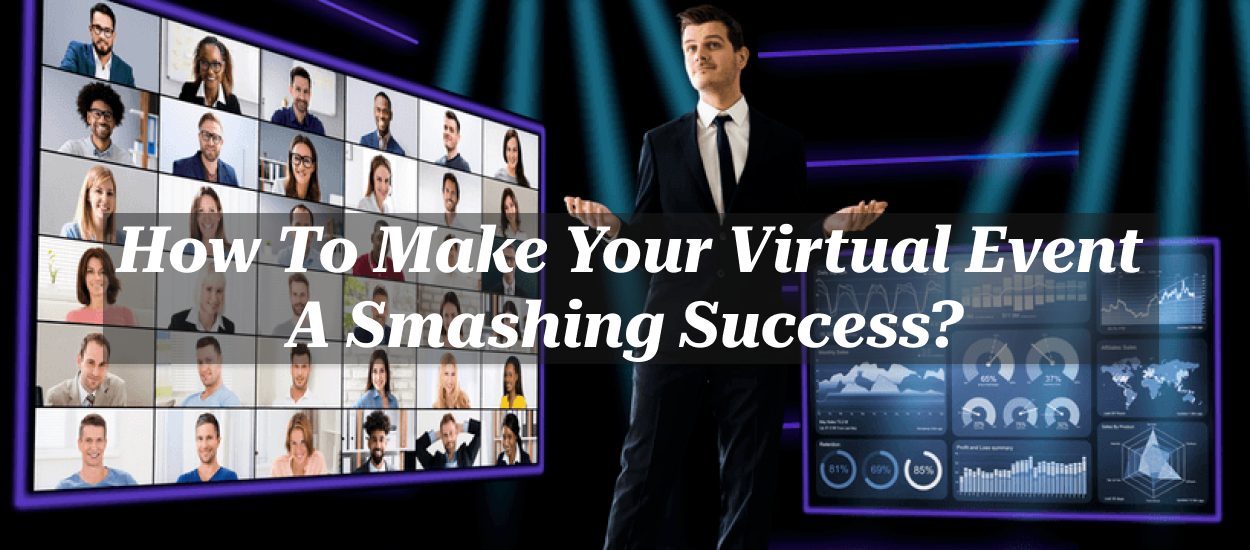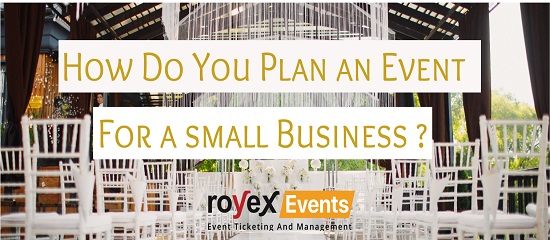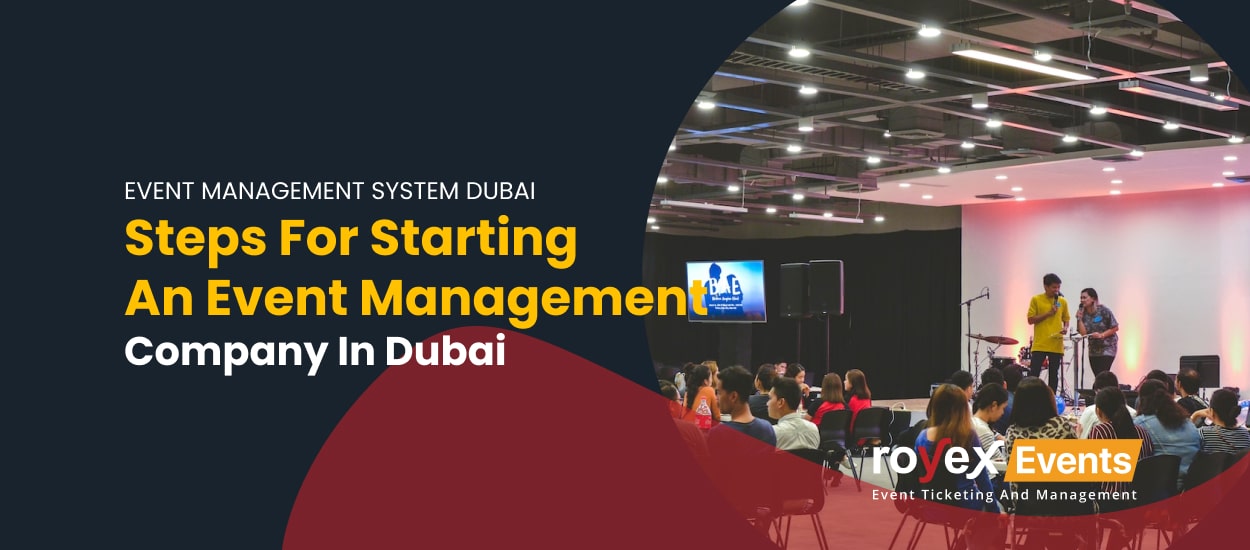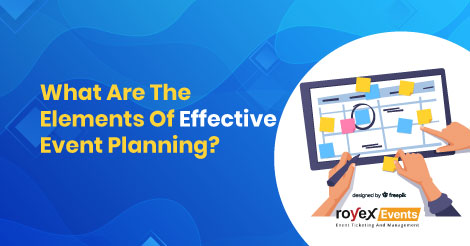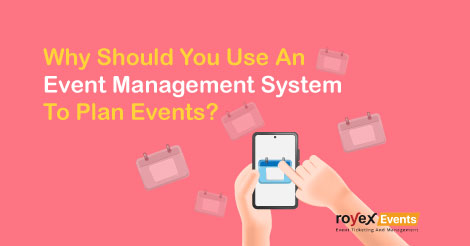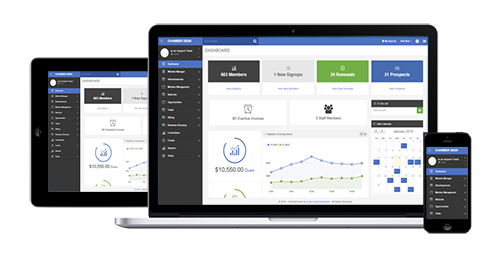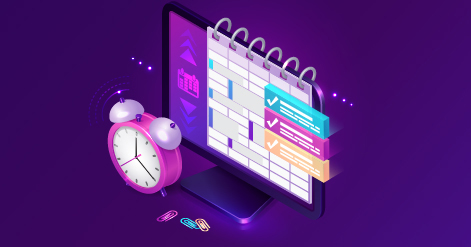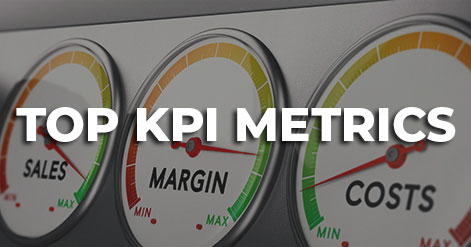The events industry has entered a new era—one where simply booking a venue and inviting a crowd is no longer enough. Audiences today crave immersive, personalized, and meaningful experiences. Whether you're organizing a trade show, corporate summit, festival, or community event, the ability to attract and deeply engage your audience depends on your ability to embrace innovation and evolving expectations.
In this article, we’ll explore seven top trends that are transforming the way events are planned, delivered, and remembered in 2025—and what you can do to stay ahead.
1. Immersive Technology: Transforming Passive Audiences into Active Participants

Augmented Reality (AR) and Virtual Reality (VR) are revolutionizing the event experience. These technologies offer participants interactive and immersive environments, whether through virtual product demos, 3D holograms, or team-building simulations. By integrating AR and VR, organizers can provide personalized journeys and dynamic content tailored to individual attendee interests, resulting in deeper engagement and a lasting impression.
Event organizers are increasingly using immersive tech—like AR (Augmented Reality), VR (Virtual Reality), 3D mapping, and holograms—to elevate engagement.
Examples in action:
- Virtual product try-ons at fashion expos using AR mirrors.
- VR tours of real estate properties during property expos.
- Holographic keynote speakers broadcasting simultaneously at multiple locations.
These technologies don’t just impress—they deepen understanding, foster interaction, and help brands stand out.
Tip: Use immersive tech not just as a gimmick, but to solve a pain point—like simplifying complex concepts or making remote participation more interactive.
2. Sustainability is Now a Standard, Not a Trend
Sustainability is no longer optional-it's a core expectation. Eco-responsible events prioritize environmentally friendly venues, sustainable catering, and waste reduction strategies. The use of recyclable materials for signage, decor, and communication further demonstrates a commitment to the planet. These practices not only appeal to environmentally conscious attendees but also enhance brand reputation and event credibility.
Eco-consciousness is now a key decision factor for both attendees and sponsors. Green events aren’t just ethically responsible—they’re also great for PR.
Popular sustainable practices:
- Paperless ticketing and digital signage.
- Local sourcing for food and materials.
- Carbon offset programs for travel.
- Eco-friendly merchandise and reusable decor.
Many brands now align their event choices with their ESG (Environmental, Social, and Governance) goals. Ignoring this trend could cost you audience trust.
Tip: Showcase your sustainability measures in pre-event promotions and post-event reports to increase brand goodwill.
3. Personalization Through Data and AI
Artificial Intelligence (AI) is now essential for creating tailored event experiences. AI-powered platforms can recommend sessions, match attendees for networking, and even adjust agendas in real time based on user preferences. Chatbots and virtual assistants streamline communication, while AI analytics provide actionable insights into attendee behavior, enabling organizers to optimize content and logistics on the fly. The result: higher satisfaction, increased engagement, and improved operational efficiency.
Event platforms powered by AI and data analytics are enabling a highly personalized experience—think Netflix-like content recommendations for event sessions.
How it works:
- Attendees answer a few preference questions during registration.
- The platform curates a suggested schedule of sessions, booths, and people to meet.
- Live updates help them navigate the event in real-time based on engagement behavior.
Personalization reduces decision fatigue and increases satisfaction—turning a crowded event into a curated experience.
Tip: Use CRM-integrated platforms to gather insights before and after events for more tailored follow-ups and higher conversion rates.
4. Community-Driven Events: Small is Big
Rather than hosting massive, generic events, organizers are creating smaller, niche experiences tailored to tight-knit communities or interest groups.
Why this works:
- Attendees feel seen, heard, and valued.
- Networking is more focused and productive.
- Loyalty is stronger among like-minded groups.
These community-first events may include meetups, workshops, or local chapters of a broader series—designed to sustain engagement throughout the year.
Tip: Foster ongoing conversation using LinkedIn groups, private forums, or WhatsApp communities post-event.
5. Wellness and Mental Health Take Center Stage
In a post-pandemic world, people are more aware of mental and physical well-being—and they expect event organizers to care too.
Wellness trends in events include:
- On-site relaxation spaces and nap pods.
- Wellness-focused breaks (e.g., group meditation, chair yoga).
- Nutritious catering with allergen-sensitive menus.
- Therapy dogs and mindfulness activities.
Beyond physical care, there’s also increasing emphasis on psychological safety—such as safe spaces for feedback or gender-neutral restrooms.
Tip: Promote your wellness offerings early—they often improve registration rates among professionals seeking a balanced experience.
6. Gamification: Making Learning and Interaction Fun
Gamification transforms passive audiences into active participants. Incorporating games, quizzes, live polls, and team challenges fosters healthy competition and collaboration. Leaderboards, rewards, and digital badges motivate attendees to engage more deeply, while interactive activities like idea walls and AR demos keep energy levels high and encourage creativity.
Gamification uses competition and rewards to enhance engagement, and it's a proven way to make information retention and participation better.
Tactics you can use:
- Leaderboards for booth visits or app interactions.
- Quizzes with prizes at the end of sessions.
- QR scavenger hunts across the venue.
- Reward badges and points for attending keynotes, networking, or completing surveys.
Gamification not only drives participation but also generates more data for organizers.
Tip: Use real-time tracking so attendees see their progress, keeping the experience motivating and shareable.
7. Hybrid and Phygital Events Are Here to Stay

Hybrid events, combining in-person and virtual elements, are now the standard. This approach increases accessibility, allowing participants to join from anywhere while maintaining the energy and networking benefits of live gatherings. Flexible formats cater to diverse preferences and time zones, ensuring a broader reach and higher participation rates
The rise of hybrid (physical + digital) and “phygital” experiences (blending physical interaction with digital enhancements) has made events more accessible and scalable.
Key advantages:
- Global reach—attendees can join from anywhere.
- Flexible attendance—those with time or travel restrictions are included.
- More data points—virtual platforms offer better analytics on behavior.
New formats are also emerging, such as:
- Watch parties with local influencers for global events.
- Physical booths with digital avatars for round-the-clock engagement.
- Real-time language translation powered by AI.
Tip: Design for both audiences from the start—don't treat remote viewers as an afterthought.
Focus on Relationship Building (ROR over ROI)
The metric for success is shifting from Return on Investment (ROI) to Return on Relationships (ROR). Events are increasingly designed to foster meaningful connections, with networking lounges, curated matchmaking, and interactive sessions that prioritize relationship-building. These long-term connections drive lasting value for both attendees and organizers, enhancing loyalty and advocacy.
Final Thoughts
The events industry is no longer just about logistics and scheduling—it's about creating dynamic, emotionally resonant experiences. The trends shaping 2025 emphasize personalization, technology, well-being, and sustainability—all critical for attracting and retaining modern audiences.
If you’re planning events this year, align with these trends to make your gathering not just an event, but an experience worth remembering.
Why EvensPro is the Best Choice for Event Management
If you're looking for a professional event management platform, EvensPro, an event management company is your ultimate solution. Designed to simplify event planning and execution, EvensPro offers a range of features that make it the perfect choice for managing events in Dubai, the Middle East, and beyond.
Comprehensive Features
EvensPro offers everything you need to manage events effectively:
-
Multiple Ticket Categories: Create and manage various ticket types effortlessly, catering to different audience segments.
- Virtual Event Integration: Perfect for hybrid or fully virtual events, enabling seamless participation for remote attendees.
- POS Integration: Simplify on-site sales and transactions, making it easier to handle ticket sales and merchandise.
- Live Statistics and Reporting: Monitor your event's performance in real-time, gaining insights into attendee behavior and ticket sales.
- Customization and Branding: EvensPro allows you to customize the platform to align with your brand. From the event's look and feel to specific functionality, you can tailor it to your unique requirements. This ensures a cohesive and professional presentation that resonates with your audience.
- User-Friendly Interface: One of EvensPro's standout features is its intuitive design. Even if you're not tech-savvy, the platform is easy to navigate, enabling you to manage your event without any hassle.
- Dedicated Support: Events can be unpredictable, but EvensPro ensures you're never alone. Our dedicated support team is available to assist you throughout the planning and execution phases, providing peace of mind.

